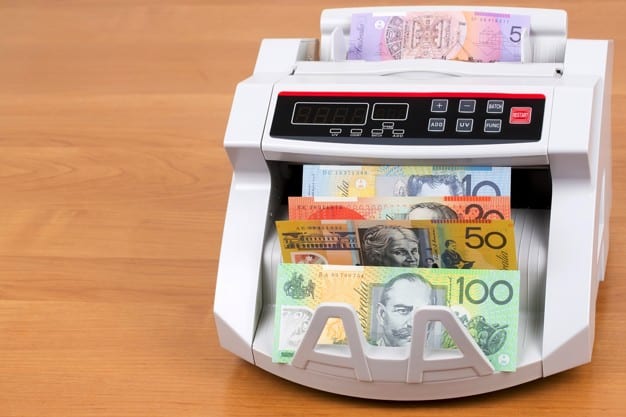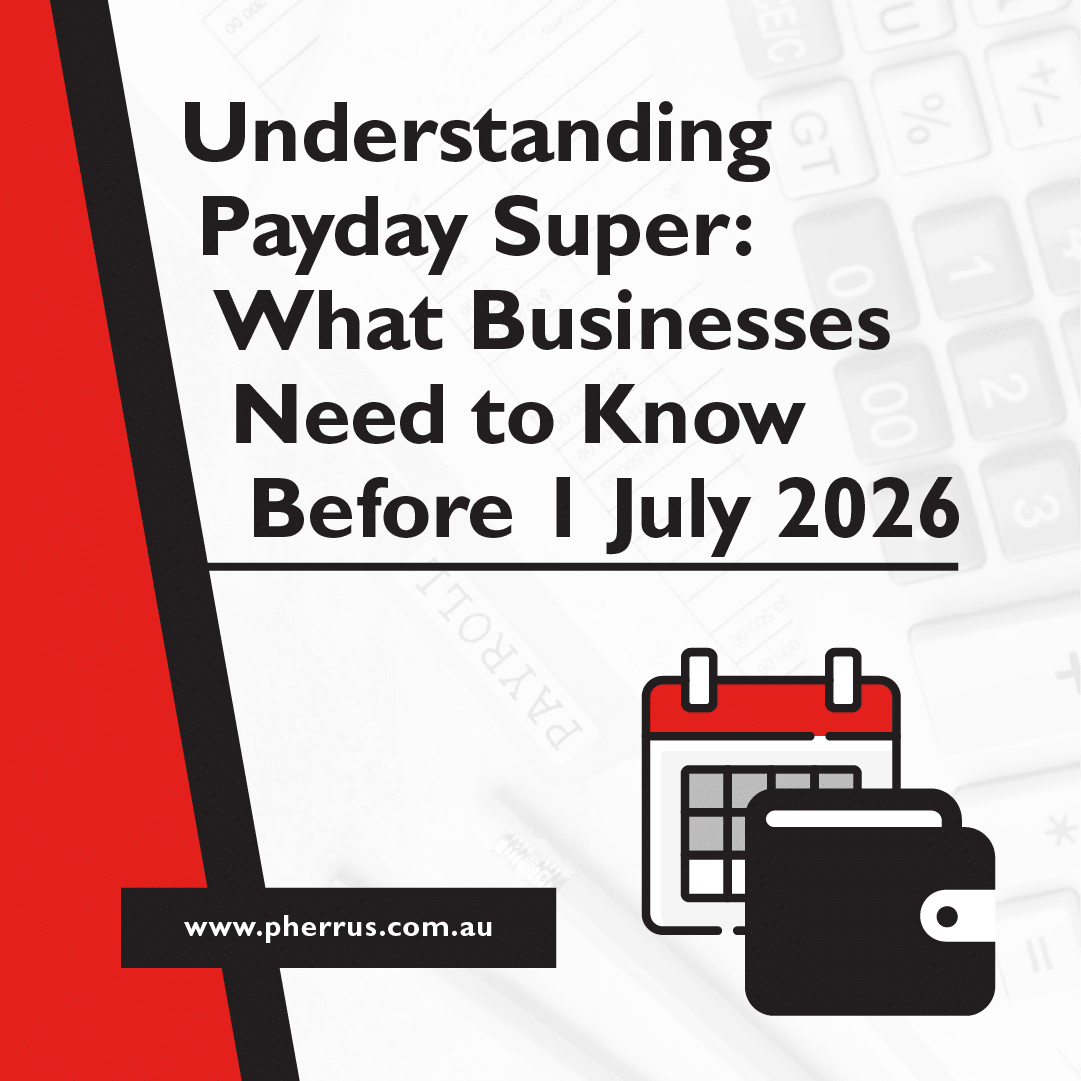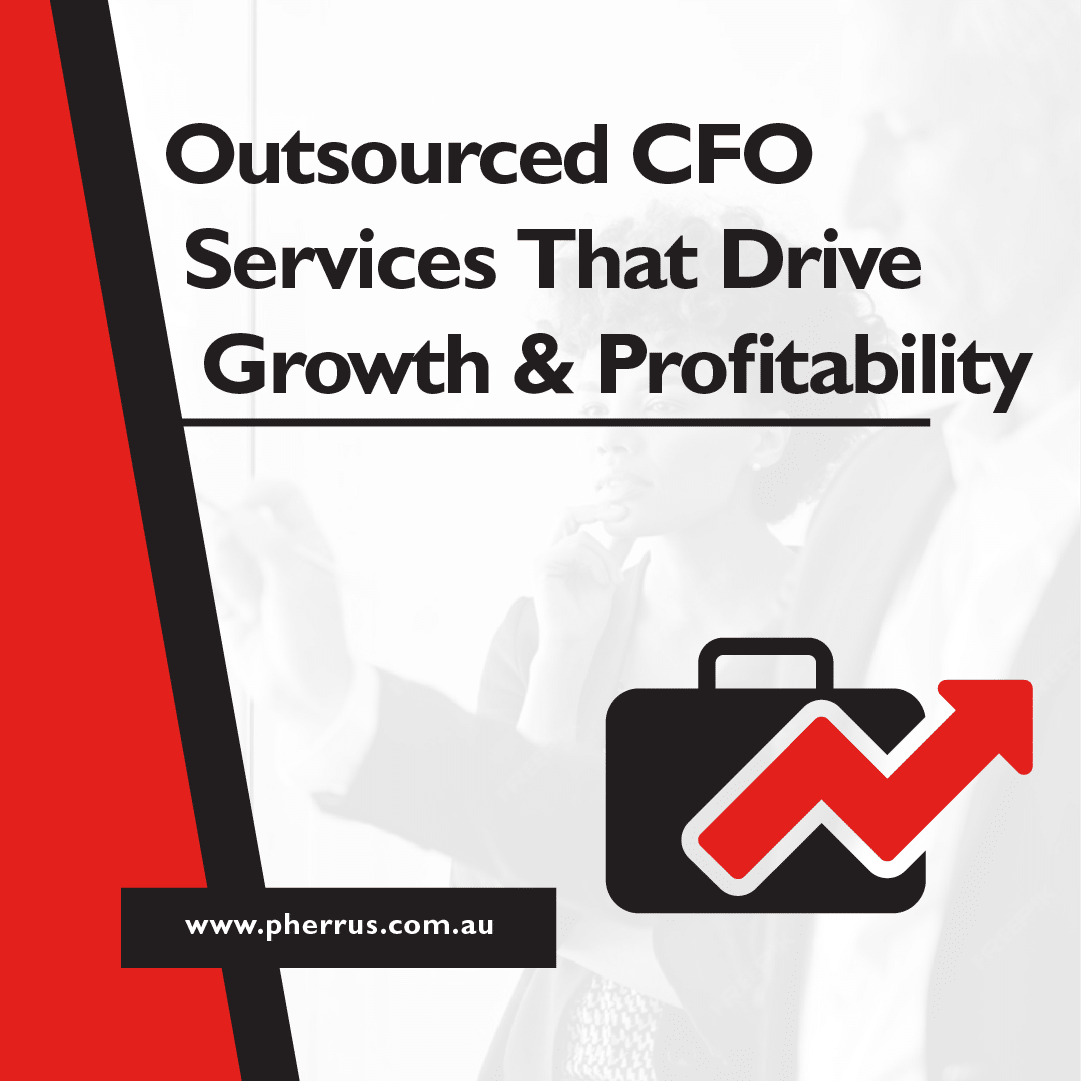If you are one of our small business clients, you may have recently received an email from us.
This is because we think you may be eligible for a Small Business Grant. In order to help you deal with the COVID-19 pandemic, we want to let you know about this grant. If awarded to your business, it could provide the vital funding that you need not only to survive but also to thrive after the pandemic is over.
As part of the economic stimulus in response to Covid-19, the NSW Government is providing financial support to ease the current pressures on small businesses.
If your small business or non-profit organisation has experienced a significant decline in revenue as a result of COVID-19, you may be eligible for the small business support grant of up to $10,000.
Am I eligible?
If you can say ‘yes’ to the below criteria laid out by NSW government then you are eligible to apply.
1. Are you based in NSW?
2. Are you a small business? (specific guidelines need to be met)
3. Are you registered with an ABN as of 1 March 2020?
4. Do you have an annual turnover of more than $75,000? (Business Activity Statement must be shown)
5. Do you employ fewer than or up to 19 full-time workers as of 1 March 2020?
6. Can you prove a payroll below the NSW 2019-2020 payroll tax threshold of $900,000?
7. Have you and your company been seriously impacted by the Public Health Restrictions on Gathering and Movement Order that was actioned in March?
8. Has your business experienced at least a 75% decline in turnover compared to the same two-week period in 2019, as a result of the pandemic?
9. Do you have unavoidable business costs that do not qualify for other NSW and Commonwealth Government financial assistance measures?
What can I use the grant for?
Funds can only be used for unavoidable business expenses that are not supported by other government funding. This includes:
To pay the wages of an employee that doesn’t meet the requirements for JobKeeper payments.
– Utility bills such as electricity and water
– Putting towards council rates
– Internet and phone charges
– Insurance payments
– For professional accounting advice or other business advice
– Franchising payments
– To pay creditors, if your business is shutting down
How do I apply?
You can apply here.
I need help
Contact us today to find out if your business is eligible by giving us a quick call us today on (02) 9099 9109. We can also help with your application to take the stress out of the process and ensure it is completed correctly.
If you need professional support regarding any other accounting matter, we are operating fully during the crisis via email, online meetings and over the phone.




